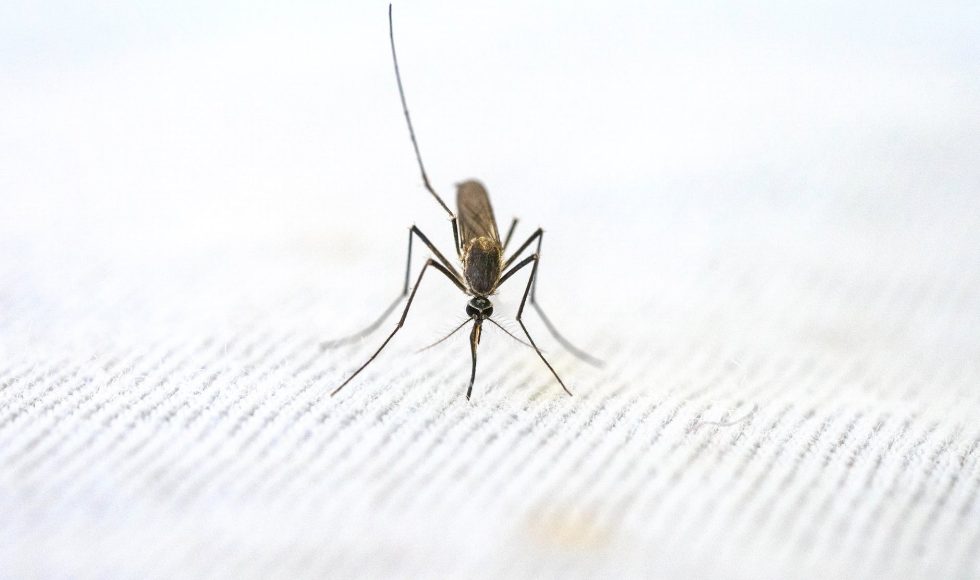We are at the beach! What a week! Tonight I watched William Hamilton from the Wellcome Sanger Institute in the UK speak at London Calling 2023 on “Nanopore sequencing for real-time genomic surveillance of Plasmodium falciparum.” They are applying Nanopore sequencing to surveillance of malaria, assay development in Ghana, and training. Hamilton described malaria as […]
Ricardo De Paoli-Iseppi from the University of Melbourne in Australia spoke about the “Discovery of novel neuropsychiatric disorder risk-gene transcripts in the human brain” as part of London Calling 2023. They explained that different isoforms can lead to disease states. They extracted RNA from healthy control tissues and postmortem brain tissue. The team used long-read […]
Tiago R. Magalhaes from G42 Healthcare in the United Arab Emirates presented at London Calling 2023 on “The Emirati Genome Project: where long reads became an integral part of large genome projects (a first!). G42 now has hospitals, clinical diagnostics, and a genomics program. Magalhaes noted that the organization has several hospitals. They also spoke […]
Fuchou Tang from the Biomedical Pioneering Innovation Center in Peking University, China, spoke at London Calling 2023 about “scNanoATAC-seq: a long-read single-cell assay to simultaneously detect chromatin accessibility and genetic variants.” Tang spoke about developing single-cell genomics tools as a postdoctoral researcher. Then, in 2013, they developed individual cell methylation tools. Tang and team continued […]
Rachel Thijssen from the Walter and Eliza Hall Institute of Medical Research and Australia & Amsterdam University Medical Centers in the Netherlands presented at London Calling 2023 on “Single-cell long-read RNA sequencing reveals complex heterogeneity.” Thijssen spoke about the hallmarks of cancer and cells not responding to signals appropriately. BCL2 can be targeted in chronic […]
Dan Turner SVP of the Applications Team at Oxford Nanopore Technologies, presented the update from the Apps Team. Turner summarized the use of Nanopore data for clinical whole-genome sequencing of rare diseases and cancer with the goal of identifying relevant variants. Turner explained that although rare diseases are rare by definition, there are over 3,000 […]
Kimberley Billingsley from the NIH Center for Alzheimer’s and Related Dementias (CARD) presented at London Calling 2023 on “Population-scale nanopore sequencing to further understand the genetics of Alzheimer’s disease and related dementias.” They described how the center’s mission is to support research for Alzheimer’s and other diseases. The center begins with genetics research. Billingsley noted […]
Josie Gleeson from The University of Melbourne in Australia presented at London Calling 2023 about “Integrating the transcriptome and epitranscriptome of the human brain using direct RNA sequencing.” They spoke about the advantages of direct RNA sequencing with Oxford Nanopore Technologies: you obtain splicing patterns, isoform quantification, polyA tail length, modified nucleotides, and novel exon/intron […]
Oscar Gonzalez-Recio from the National Institute for Agricultural and Food Research and Technology at the Spanish National Research Council in Spain presented at London Calling 2023 on “(Epi)genotyping by low-pass sequencing using nanopore technologies.” Gonzalez-Recio noted that this worm has been accepted for publication. They started with a history of modern genomic breeding and how […]
Jade Forster from the University of Southampton in the UK presented at London Calling 2023 about “Identifying m6A RNA modifications in neuroblastoma cell lines using nanopore sequencing.” This session was timely as we are doing our first direct RNA sequencing experiment and GridION run! Forster spoke about epitranscriptomics and RNA modifications. They noted that the […]










